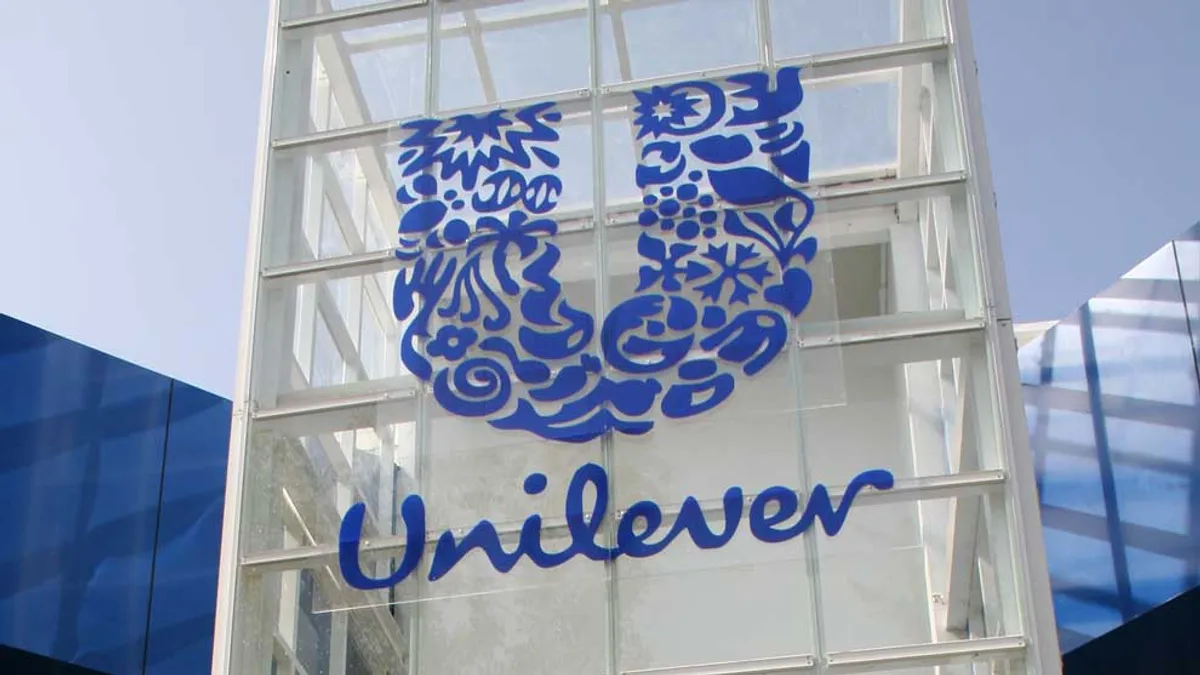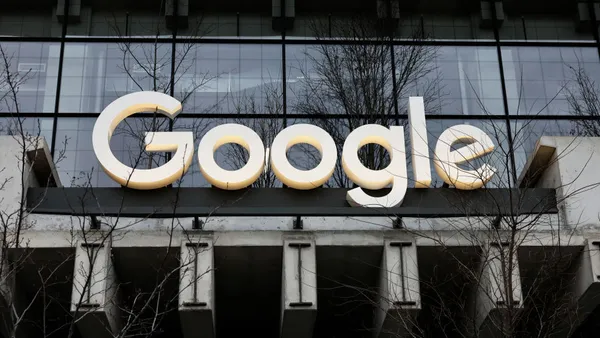Dive Brief:
- Speaking at the IAB's Annual Leadership Meeting in Palm Desert, CA, this week, Unilever CMO Keith Weed extolled on the CPG giant's recent partnership with IBM to develop blockchain technology that aims to help it improve efficiency and transparency across the digital media supply chain and ad trading processes.
- "We're working with IBM to record how media is purchased, delivered and interacted with, looking at a unified view of the audience and reconciling accordingly," the executive said. "This is really going to bring transparency into the media world. We've done a pilot, we've looked at some historical data, and we can see where some discrepancies are."
- Unilever is working with IBM iX, the business consultancy arm of IBM, on the initiative. IBM iX's Executive Partner of Global Marketing Babs Rangaiah, who worked at Unilever for 14 years, helped forge the partnership, according to Fast Company. The two companies' blockchain pilot detected the discrepancies Weed referenced in his speech almost immediately, as opposed to having to wait out the entire campaign, as is usually the case, per Fast Company. Rangaiah said he sees blockchain saving time and resources for brands and agencies in the future, taking over processes that are currently executed by as many as "10 or 20 people."
Dive Insight:
Unilever is far from alone in developing blockchain solutions — brands as eclectic as KFC and Walmart are dabbling in the space, with applications intended for everything from the supply chain to marketing stunts — but the CPG marketer's commitment to the tech and encouragement of other brands to adopt a similar approach appears significant. Unilever is one of the largest advertisers by media spend in the world, and the company seeing positive early results and investing more in blockchain as digital ad stalwarts like Facebook and Google struggle to clean up their act could establish a framework for other brands to build from and pursue for their own businesses.
Weed's comments on blockchain followed discussions about the myriad transparency and brand safety issues currently impacting Facebook, Google and other digital platforms, which are increasingly being viewed as hubs for "fake news, sexism, racism, terrorists [and] spreading hate," to quote Weed. While he encouraged marketers to be patient with these platforms as they introduce and scale fixes, Weed positioned blockchain as something brands can take the initiative on and pursue in the meantime.
"It's stuff you can do yourselves," the executive said at his address. "You don't just have to wait for the platforms."
Two-thirds of large corporations plan to integrate blockchain into their businesses by the end of 2018, according to recent forecasts from Juniper Research. For Unilever, the end goal isn't just improving campaign and media spend efficiency, however.
"That brilliance of end-to-end blockchain, we're going to bring it to the media market and start addressing some of the challenges about transparency and, hence, building trust [...] and put the consumer first to ensure that we end up with a positive online experience," Weed said.















